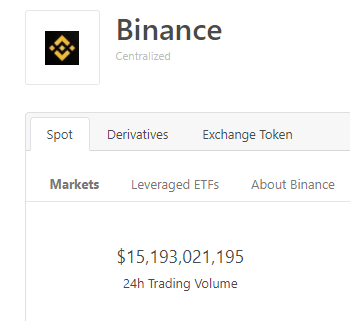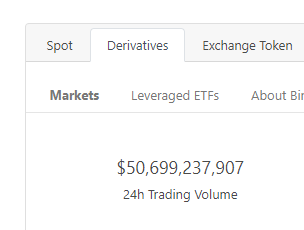This is unsolicited, but thought I’d put this out there, since I believe that as Muslims we need to play a more active role when screening cryptoassets for halalness, especially exchange tokens. It’s also why we need a halal cryptocurrency exchange, but that’s a topic for another day.
When you buy a token issued by a company, it’s as if you are endorsing whatever use case that token was built for, regardless whether or not that token is fungible and can readily be exchanged for another cryptoasset like BTC or USDT.
One of the biggest use cases of exchange tokens like BNB and FTT is using them to pay transaction fees on Binance and FTX, respectively. So investing or trading BNB is essentially a nod to whatever Binance does. Why? Because when you buy BNB, you’re ultimately creating demand and potentially contributing in raising its price. Then the layperson sees its price going up and buys it and may ultimately become intrigued and trigger that person to engage in the token’s use case. So what is BNB’s native use case? Paying for trading fees on Binance.
And what does Binance mainly do?
- It sells crypto on the spot. (halal)
- It sells leveraged crypto on the spot. (haram)
- It sells futures (haram)
At the time of writing, items 1 and 2, collectively generate $15 Bn of daily volume for Binance

Item 3 constitutes nearly $51 Bn of daily volume for Binance

So Binance’s revenue stream can be roughly estimated to be (and for the sake of being generous towards BNB being halal, let’s assume that all their spot trading is not interest-based):
15/(15+51) = 23% halal
51/(15+51) = 77% haram
So Binance’s activities are 77% haram and 23% halal.
So investing in BNB, would be akin to promoting a business whose revenues are 77% haram and 23% halal.
This would be like investing in a liquor store where 77% of their revenue comes from alcohol (ie. haram), and 23% comes from accessories like glasses and cups, maybe some juice and additives, and snacks that would accompany the liquor, but are themselves halal.
If liquor store Haram Drinks created a token called HD that could be used to pay for their drinks, I’m fairly certain that most practicing Muslims would at the very least have qualms investing in it.
A similar argument could be made for FTT, where most of its volume is generated by the sales of derivatives, and only a small portion of its total volume coming from spot trades.
This isn’t to say you can’t own the bare minimum to use for trading fees if you are using these exchanges, but to actually hodl them as an investment or to trade them, I believe, is impermissible.
And Allah knows best.
Recommended reading:

 , may Allah put barakah in our investments
, may Allah put barakah in our investments